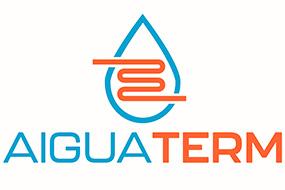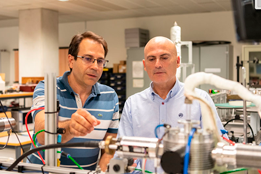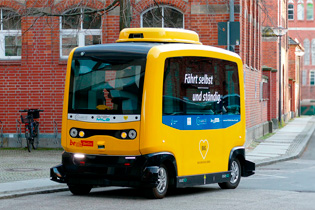
por itaca@itaca | 12 Jun, 2023 | Featured Projects, Green Energy and Intelligent Energy Networks, ICTs for Climate Change, Circular Economy & Bioeconomy, Projects
Energy storage is one of the key factors to reach EU aims to be climate-neutral by 2050, with a net-zero greenhouse gas (GHG) emissions economy. The decarbonisation and the transition to clean energy sources, together with the improvement of the energy efficiency,...

por itaca@itaca | 11 Jun, 2023 | Eco-efficient Microwave Processing, Featured Projects, Microwaves, Radiofrequency & Electronics, Projects
Iron ore and scrap as raw materials are forming the base of iron and steel production. Due to the transition from carbon-based iron and steel production to green steel production with hydrogen (H2), most current production units such as sinter plan, blast furnace and...

por itaca@itaca | 6 Jun, 2023 | Featured Projects, ICTs for Climate Change, Circular Economy & Bioeconomy, Projects
Today’s forest management decisions affect Europe’s ability to respond to the climate crisis in the long term. Because of forests’ enormous potential to absorb and lock up carbon as they grow, current forest practices will determine the continent’s climate change...

por itaca@itaca | 12 May, 2023 | Featured Projects, ICTs for Climate Change, Circular Economy & Bioeconomy, Projects
Currently, heating, cooling and hot water in residential buildings, offices, municipal public buildings (such as auditoriums, town halls, swimming pools) and shopping centres account for almost half of the building’s total electricity consumption. Improving the...

por itaca@itaca | 9 May, 2023 | Eco-efficient Microwave Processing, Electromagnetic Compatibility, Featured Projects, Microwaves, Radiofrequency & Electronics, Projects
The MERIT project aims to develop innovative technology for producing green hydrogen from water and renewable energies by harnessing microwave acceleration of reduction-oxidation (redox) reactions in solid-state ionic materials (SSIM) at unprecedented temperatures (≈...

por itaca@itaca | 8 May, 2023 | Featured Projects, Smart Transport & Green Aviation, Systems Reliability & Cybersecurity
Autonomous vehicles are already technically feasible and evolving realities. Their intelligence lies in using deep learning neural networks (DNNs) that require higher computational capabilities and lower power consumption. In recent years, reconfigurable logic (FPGAs)...








